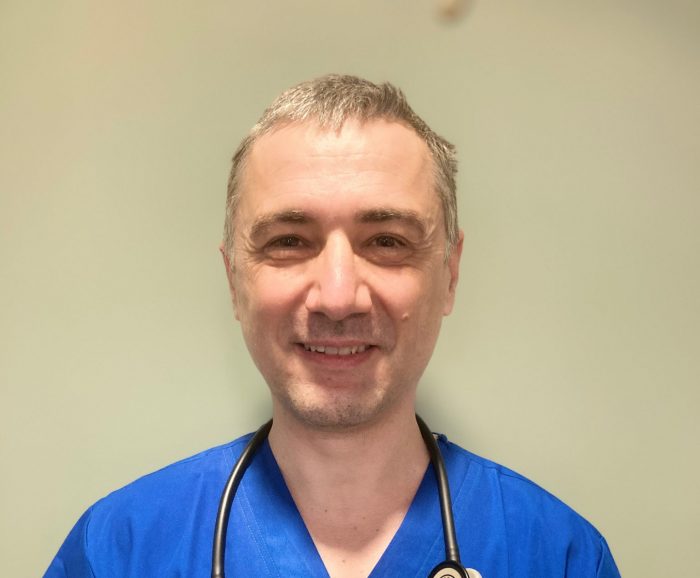Adrian Popp, chair of Infection Control at Huntington Hospital/Northwell Health and associate professor of medicine at Hofstra School of Medicine, spoke with TBR Newspapers to discuss the current state of vaccinations in Suffolk County, the return to school in the fall, workplace issues, and tic-borne challenges for residents. Please find below an abridged version of the interview below. If you’d like to listen to the entire interview, view the video above.
COVID-19
TBR: How close are we to the 70% threshold for herd immunity to COVID-19?
Popp: We were hoping vaccination would start rolling out pretty fast and actually that happened. Over the last several months, more and more people got vaccinated. Right now, it’s open more or less like just show up and you can get a vaccine. You don’t even need an appointment anymore. The number of people vaccinated in Suffolk County is, percentage-wise, around 55% of eligible persons.
TBR: What about the rates at which people are seeking the vaccines? Has that slowed?
Popp: The number getting vaccinated has somewhat plateaued. The most eager people who wanted to get vaccinated did. Now, we’re seeing people who are actually still willing to get vaccinated and doing it and also some of people who are on the fence getting more information and speaking with other people who actually received the vaccine. More and more people are getting confident that the vaccine is safe, efficacious, and I hope this trend will continue.
TBR: What about schools in the fall? Will students return without masks and at full capacity?
Popp: At this point, the rate of coronavirus in Suffolk County is very low and has been decreasing since March steadily and is at almost a minimum even compared to last year. The question is, what will happen down the road? What will happen in the fall? We know that coronavirus has a propensity to be more active in cold environment. It’s hard to predict, because of these variants coming from different parts of the world. We should be hopeful that the fall will look good as long as more and more people get vaccinated. Hopefully, by September, we’ll reach about 70%, then going back to school will be easier.
TBR: As offices reopen and people return to work, how should companies handle rules, especially if some people aren’t vaccinated?
Popp: Offices vary in size, the number of people, how many are sitting in one room, close to one another. One has to make a decision on a case-by-case basis. Ideally, everyone working in one office should be vaccinated. It’s a difficult situation, mandating people to get vaccinated. It’s a fine line between your personal liberties and public policies.
TBR: When might a booster be necessary?
Popp: The need for the booster is being debated [as] the efficacy of the vaccine, the immunogenicity of the vaccine is probably higher than what I expected to see. From the early stages of December, we do find that they hold their antibodies quite well. The expectation is that this could last maybe two years or so. We don’t know that yet. One has to give it time and really find out.
TBR: What about weddings?
Popp: The wedding situation is quite a big situation. A lot of people have postponed the wedding in the hopes of having a real thing later on. The approach people have taken varied from A to Z. There is no cookie-cutter way to say this is the right thing to do and that’s the wrong thing to do. A friend of mine getting married is asking every person to be vaccinated. If you’re not vaccinated, you’re not allowed in the wedding. This is the decision of the groom and bride. Other venues are obviously more open, and they invite everybody and so forth. In the end, you have to be comfortable with the decision you make and you’re going there to have fun, you can’t have fun and celebrate if you’re truly nervous.
Tick-borne diseases
TBR: What about tick-borne diseases? Is there messaging people should keep in mind?
Popp: In the last three years, I have seen more tick-related diseases than before. We’re not talking only Lyme disease, could be also babesiosis, ehrlichiosis, and Rocky Mountain Spotted fever. Rocky Mountain Spotted fever used to be very unusual on Long Island. Now, we do see cases. I have already seen cases this year. When you go somewhere walking or hiking in some woods or meadows that may have ticks that may be around there, what you do at the end of the day when you come home, you get your shower, do a body check. Have someone else look at areas you can’t see well on your back, back of your legs.






